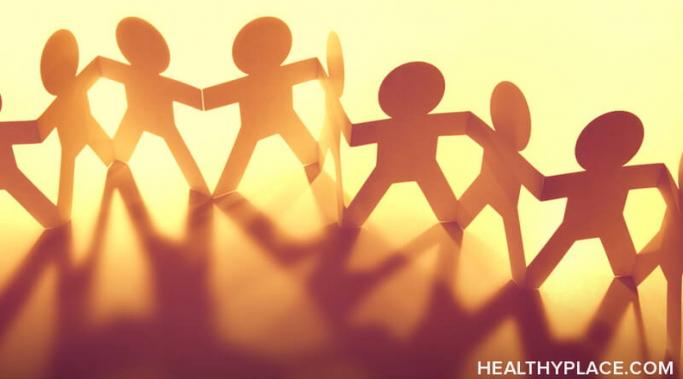Waking up the morning after binge eating is a horrible feeling. As the gray light of dawn filters into my room, the furniture begins to emerge from the darkness, and I emerge from sleep into a growing sense of trepidation. My bloated and uncomfortable belly bluntly reminds me I've binged again.
Binge Eating Recovery
It took a while, but my anxiety led to binge eating disorder (BED). It happened insidiously because I've always had a complicated relationship with food. I love to think, talk about, cook, eat, and share food. At times, I have treated it as my enemy, and at others, I have turned to it for comfort. I've always been an emotional eater, and whether I'm celebrating or commiserating, there's food for every occasion.
I've been in coronavirus confinement at home in Barcelona for over a month, and my binge eating cravings are driving me crazy. My body and mind feel like a battleground. I'm in a constant struggle with myself over food.
The coronavirus triggered binge eating for me. The binges were triggered for me because the outbreak of coronavirus in northern Italy directly impacted me.
My name is Victoria Peel-Yates and I am the new author of the "Binge Eating Recovery" blog. I look forward to sharing my experiences with the HealthyPlace community, focusing on the underlying emotional issues behind binge eating disorder and sharing tools and techniques that have helped me overcome them. I also look forward to hearing your stories and learning and growing together.
The focus on food during the holidays tends to cause a good deal of stress and anxiety when dealing with an eating disorder. In fact, when I think of the holiday season, three things come to mind: family, friends, and the big one, food. This year, let's stay present on what really matters instead of fixating on what, when, and how much we eat.
When necessary, you can design a plan for binge eating disorder treatment at home. Treatment programs for eating disorders can get pricey, especially when you aren't receiving any insurance coverage. This was the case for me the last time my eating disorder took over. Because of this, my therapist, psychiatrist, and I figured out how to structure my own binge eating disorder treatment at home to get me well again.
I accept a binge eating disorder challenge each summer because, at times in my recovery journey, I begin to feel like I'm at a standstill. I'm thankfully not going backward, but I am also not really moving forward either. It is in moments like these where I decide to throw an eating disorder challenge or two my way in order to continually test myself and push for growth.
The topic of binge eating disorder and suicide is timely since September is a full month dedicated to suicide awareness and prevention. Because individuals with eating disorders are at a high risk of developing suicidal thoughts and behaviors, I thought this would be the perfect time to write a post on this sensitive subject.
I'm returning to the basics of binge eating recovery because lately, I've been feeling not so strong in my recovery. I've been experiencing urges to binge, along with feeling down and wanting to isolate myself. Being aware of what was going on, I realized I needed a recovery refresher to keep me on track. This refresher of sorts includes me going back to the basic skills of binge eating recovery that helped me get well at the beginning of my journey.







